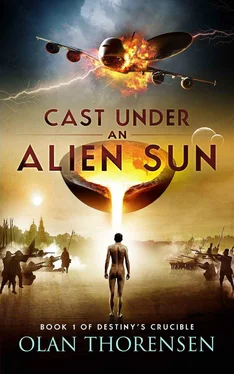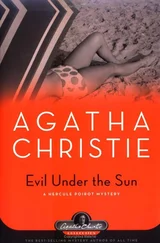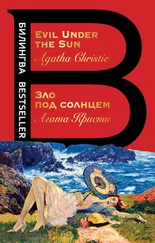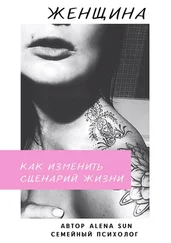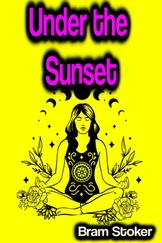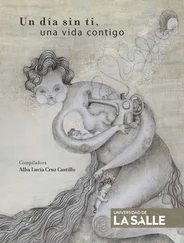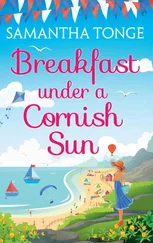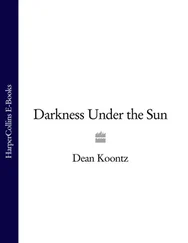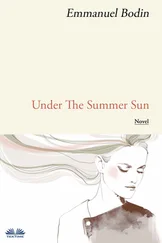Though his months with Bronwyn had awakened dormant physiologies, he was ambivalent about taking advantage of the obvious interest of three different Abersford widows. Ironically, the urge to go slow was reinforced by a failure to follow through with this reticence. Buna Keller was a widow and the owner of a clothing shop in Abersford that made pants, shirts, and a coat more to Yozef’s liking than the local styles. He would stand as the shop owner took his measurements. One such visit was for a formal suit of clothing, appropriate for meetings with the more prosperous merchants and higher-level officials.
Keller and her assistants had measured him in the past and kept records, but on this visit she insisted more accurate and newer measurements were needed, which should best be done in the back room. On this particular day, it had been two months since he and Bronwyn had last bedded. The seamstress wore a dress with bare shoulders and a plunging neckline. She was all business, taking the measurements from waist up, but when she moved to lower regions, her hands dallied and casually contacted parts that, to his embarrassment, reacted. Instead of her being offended, he erroneously thought she hadn’t noticed or ignored his condition. A subsequent invitation arrived by letter from Buna to attend a small dinner gathering of several prominent tradesmen, shop owners, and their wives. It was his first social occasion with most of the guests, and he enjoyed the business-oriented conversation as an opportunity to search for other potential enterprises. In spite of his hesitancy in becoming involved again so soon, the next morning he awoke in bed next to Buna. He remembered all of the details of how he’d ended up there and what had occurred. What he couldn’t remember was what had happened to his resolve after the third glass of wine.
Indecisive about getting involved again so soon, by default Yozef found himself at Buna’s house the next two nights. Relief came when he found her not interested in a child; she was past childbearing age and had two grown children. What she did have was a libido. Straightforward sex was simple, except he didn’t like her. She could be abrasive, they were a personality mismatch, and she had more hair than Yozef—and not just on her head. He was relieved when on the last morning, she told him not to come to her house again. She found him too different from Caedellium men. Although he was curious about the difference, he wasn’t curious enough to risk losing a quick exit. From that point, Yozef swore to himself, yet again, to keep his nether parts under better control.
Paper
The episode with Buna had been short enough not to impact his focus on new projects. The ether, ethanol, and soap enterprises required little ongoing input from him. He knew he fussed, and although his staff didn’t say it, their opinions were obvious: Please go away and let us do our jobs.
He needed new projects. The first new idea came to him while strolling among the village shops, and he came upon a stall selling writing paper. A customer could buy single sheets or tied packets of twenty, either a light-yellowish-brown rough texture or a smoother, whiter paper. The former was the only paper made in Abersford, while whiter, more expensive paper came from a larger papermaker in Caernford, the Keelan capitol. Yozef knew the basic procedure for making paper. Almost anything containing fibers would work, including cotton, cloth, straw, wood, and flax. The material was chopped as small as possible, then suspended in water and a screen passed through the mixture to catch pieces and fibers on the screen. Once dried, a single sheet of paper was peeled away and could be cut to different sizes and written on. Those were the basics, as confirmed to Yozef by Ser Myrfild, the man manning the paper stall, who also happened to be the Abersford paper maker. Yozef never learned his first name.
Over beers that evening, Yozef proposed new types of papers and Myrfild alternated telling him why it wouldn’t work and being enthused about novel ideas and products. By the end of the evening, they agreed to form the Abersford Paper Factory. Novel products included whiter papers than yet produced on Caedellium, colored papers, and poster-board for announcements. All found limited markets—enough to justify continued production, steady incomes, and market interest in other provinces. However, the jackpot products had nothing to do with literacy or communication and were afterthoughts from Yozef. While Myrfild was initially dubious that anyone would actually pay hard-earned coinage for such products, Yozef insisted, later annoyingly proud of himself for the brainstorms. Myrfild was amazed when, within two sixdays, orders poured in for toilet paper and sanitary napkins. The toilet paper immediately started taking the place of the customary moss or, when necessary, leaves, grass, old rags, hands, or nothing. The market was obvious—every human on Caedellium had bowel movements. Use of the new option started slowly, then spread to other provinces within a month.
Faster to be accepted were sanitary napkins. Existing custom used cloth fragments, when available. Yozef’s first models were made from either wood pulp or cotton. A red-faced Yozef endured an awkward meeting with Sister Diera, where he explained their use. The abbess was initially perplexed but offered advice on size and took samples to be tried by several younger women. Yozef and Myrfild were astonished when requests for the product started within days—first as a trickle and then a flood, from within Abersford, then the district, the rest of Keelan, and other provinces. The demand was relentless, in spite of husbands and fathers not seeing the same value as did women in spending coin on such an item. Yozef never explained why he called them “kotex.”
Kerosene
The second major new project originated from Yozef’s forgetfulness. One evening, he worked on updating his English-Caedelli dictionary. He planned to write for an hour. One advantage of the short affair with Buna Keller was that he now knew the Caedelli words for most male and female body parts that he hadn’t found the opportunity, or nerve, to ask anyone else. He suspected the querying and Buna’s rejection were connected—a twofer. It was time to add those new words to the dictionary. He wasn’t sure when he would have other opportunities to either hear or use the words.
He was working on the breast area when his whale-oil lamp went out. The sudden darkness startled him, until he remembered he should have checked the oil level. He knew there was more oil somewhere on the property, but he had no idea where and didn’t want to wake Brak or Elian.
Wait a minute! Whale oil? People on Earth only used whale oil until they killed most of the whales and then went to kerosene and vegetable oil lanterns.
Yozef didn’t know what local plants might produce oils, but kerosene he did know about.
Petroleum. Kerosene was a major fractional distillation product of crude oil. It could be produced from coal, which was abundant on Caedellium, though petroleum was more efficient— if there was a source. He remembered that crude kerosene had been produced from petroleum in limited amounts for thousands of years on Earth, but its common production and use for lighting didn’t exist until the 1850s.
The next day he wrote down all he remembered about petroleum and its fractional distillation. They were already distilling ether and ethanol, so how hard could it be to modify the procedure for petroleum?
Much harder, it turned out, yet not impossible.
First, they needed to find a source of petroleum on Caedellium. When Cadwulf proved no help, the two of them asked around the abbey and the village and found a tradesman who knew of the black, sticky substance used for caulking ships and waterproofing. He pointed them to a Gwillamese trader named Linwyr, who knew of several places on Caedellium where oil seeped into pools above ground. None of these petroleum seeps were nearby in Keelan Province, though just across the border in Gwillamer Province was a region avoided by farmers because of the prevalence of the noxious pools.
Читать дальше
